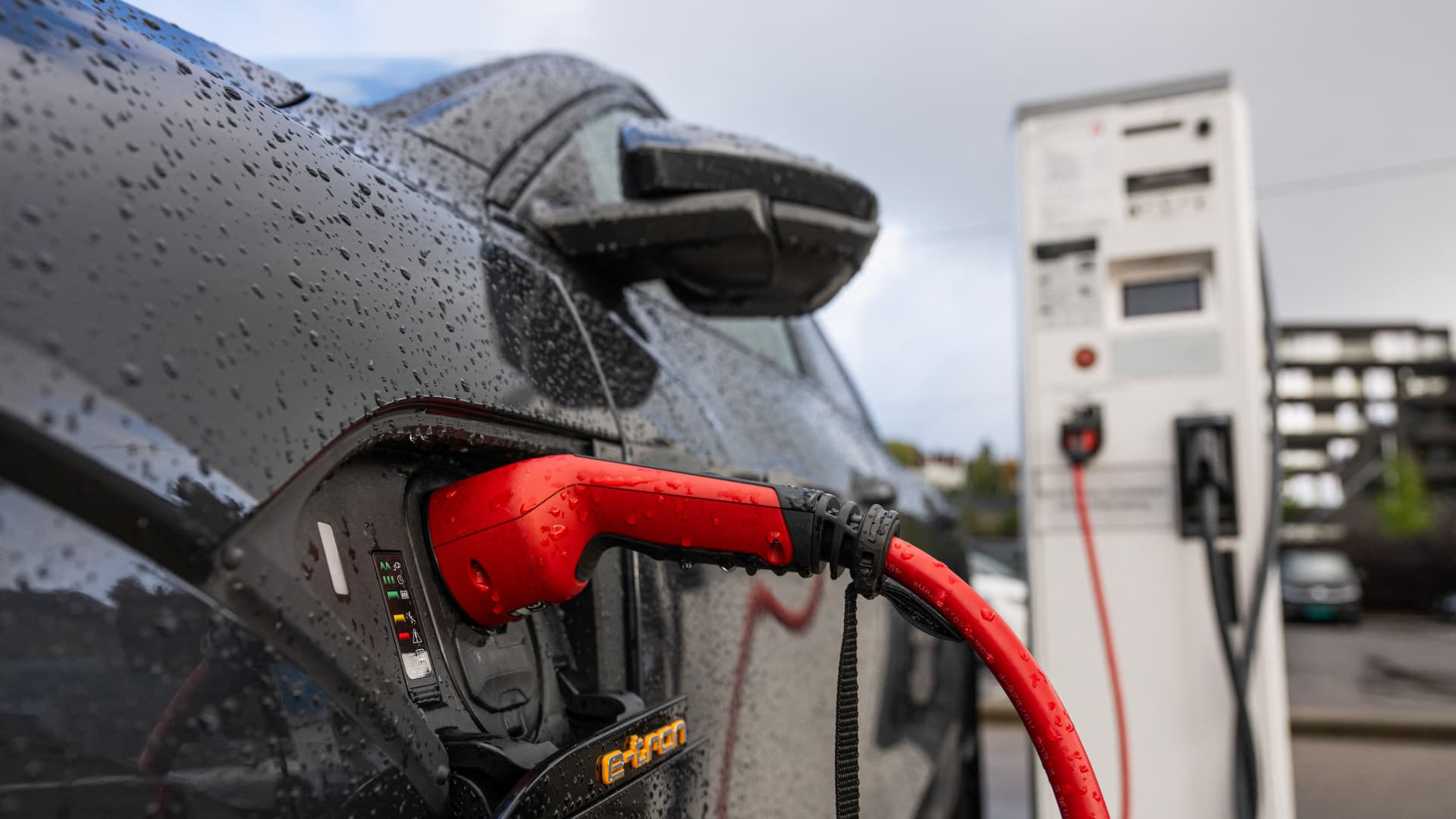Norway’s Bold Leap: Pioneering the World’s First All-Electric Vehicle Nation
Norway is on the brink of a groundbreaking transformation, positioning itself as the first country to fully embrace electric vehicles (EVs). This ambitious shift not only challenges global automotive norms but also sets a precedent for sustainable transportation worldwide. As the world grapples with climate change and diminishing fossil fuel reserves, Norway’s bold leap into the realm of all-electric vehicles stands as a beacon of hope and innovation. This article explores Norway’s journey towards becoming an all-electric vehicle nation, the implications of this transition, and how it can inspire other countries to follow suit.
The Road to Electrification: A Historical Overview
Norway’s commitment to electric vehicles has been a gradual yet determined effort spanning several decades. The journey began in the early 1990s when the Norwegian government recognized the need for sustainable transportation solutions. Initial incentives included tax exemptions for EVs and investment in charging infrastructure. As public awareness of climate issues grew, so did the popularity of electric vehicles.
By 2010, the Norwegian government set an ambitious target: to ensure that all new cars sold by 2025 would be zero-emission vehicles. This goal was backed by a robust policy framework designed to encourage EV purchases and usage. Key measures included:
- Tax Incentives: EV buyers benefited from exemptions on value-added tax (VAT) and reduced registration fees.
- Free Toll Roads: Electric vehicles were allowed to use toll roads without charge, making them an attractive option for daily commuters.
- Access to Bus Lanes: EVs could utilize bus lanes, significantly reducing travel time in congested urban areas.
- Investment in Charging Infrastructure: A nationwide network of charging stations was established, making it easier for EV owners to charge their vehicles.
These policies transformed the market landscape. From a mere 1% market share in 2011, electric vehicles surged to account for over 54% of all new car sales in Norway by 2022. This remarkable growth illustrates the effectiveness of Norway’s proactive approach towards electric vehicle adoption.
Challenges and Triumphs: The Path Ahead
Despite Norway’s successes, the transition to an all-electric vehicle nation is not without its challenges. As the demand for EVs increases, so does the need for a comprehensive charging network capable of supporting a growing number of electric vehicles. Currently, Norway boasts one of the highest numbers of charging stations per capita, but the rapid influx of new EVs means that ongoing investments in infrastructure are critical.
Moreover, the country must address the environmental impact of battery production and disposal. While EVs significantly reduce emissions during operation, the production of lithium-ion batteries poses challenges, including resource extraction and electronic waste management. Norway is actively investing in research to develop sustainable battery technologies and recycling methods.
Global Implications: Setting a Precedent for Sustainable Transportation
Norway’s pioneering efforts in electrification extend far beyond its borders. As the first country to commit to an all-electric vehicle future, Norway is setting a powerful example for the rest of the world. Other nations can learn valuable lessons from Norway’s experience, particularly in terms of policy implementation and public engagement.
Countries like the Netherlands, Germany, and the United Kingdom are closely monitoring Norway’s progress, considering similar policies to promote electric vehicle adoption. The ripple effect of Norway’s initiatives is evident, with global automobile manufacturers now prioritizing electric vehicles in their production lines, reflecting a shift in consumer demand.
Norway’s Innovative Solutions: The Role of Technology
Technology plays a crucial role in Norway’s transition to an all-electric vehicle nation. The integration of modern technologies, such as smart grids and renewable energy sources, is helping to create a sustainable ecosystem for electric vehicles. Key innovations include:
- Smart Charging: Advanced charging solutions that optimize energy usage and reduce costs for consumers.
- Vehicle-to-Grid (V2G) Technology: Enabling electric vehicles to return stored energy to the grid, enhancing grid stability and efficiency.
- Renewable Energy Integration: Utilizing Norway’s abundant hydropower resources to charge electric vehicles, further reducing the carbon footprint.
These technological advancements not only support the operational efficiency of electric vehicles but also contribute to a broader understanding of how to integrate sustainable practices into everyday life.
Public Sentiment and Cultural Shifts
The success of Norway’s transition to an all-electric vehicle nation is also rooted in a significant cultural shift among its citizens. The Norwegian population has shown a remarkable willingness to embrace electric mobility, driven by a strong commitment to environmental sustainability. Public campaigns and awareness programs have educated the populace about the benefits of electric vehicles, fostering a sense of community ownership over this ambitious project.
Moreover, the government has actively engaged with citizens to gather feedback and make necessary adjustments to policies, ensuring that the transition is equitable and beneficial for all. This participatory approach has been instrumental in creating a culture of support for electric vehicles.
Looking Ahead: The Future of Electric Mobility in Norway
As Norway forges ahead, the vision of becoming the world’s first all-electric vehicle nation is not merely a distant dream; it is a tangible reality within reach. The government has outlined several strategies to maintain momentum, including:
- Investment in Research and Development: Continuing to fund innovations in battery technology and sustainable practices.
- Expanding Charging Infrastructure: Ensuring that all regions, including rural areas, have access to reliable charging stations.
- Global Collaboration: Partnering with international organizations and nations to share knowledge and best practices in electric mobility.
Norway’s bold leap into the future of transportation serves as an inspiration to the global community. By embracing electric vehicles, Norway is not only reducing its carbon footprint but also demonstrating that a sustainable future is achievable through innovative thinking, strong policies, and a collaborative spirit.
As the world watches Norway’s journey, one thing is clear: the path to an all-electric vehicle nation is not just about technology; it’s about reimagining our relationship with transportation and the environment. Norway has taken the first steps, but the road ahead is open for all to follow.
See more Future Tech Daily

